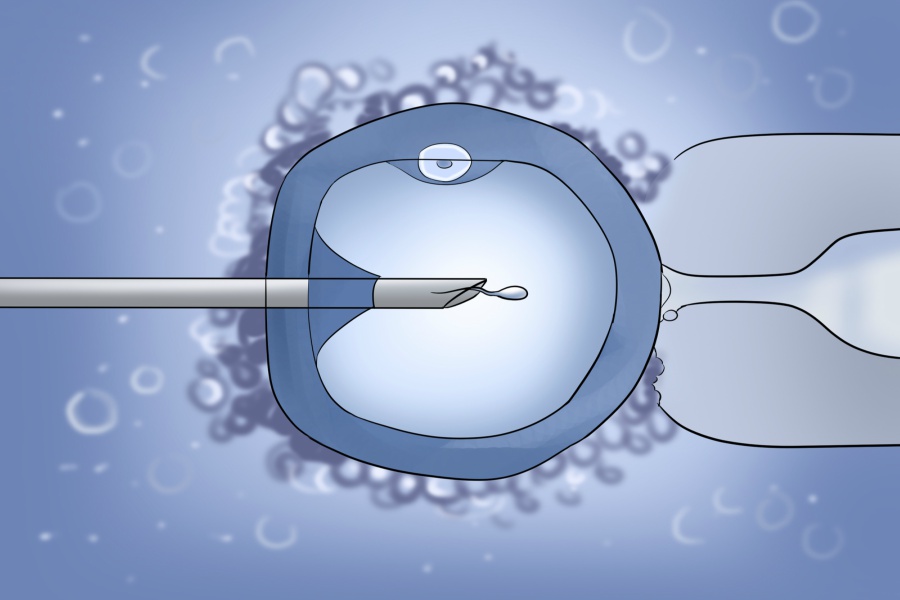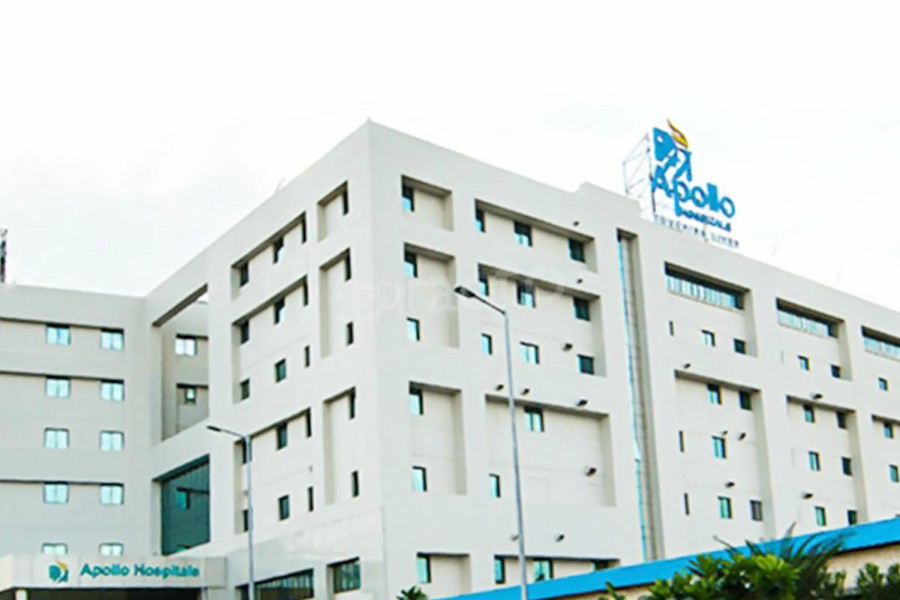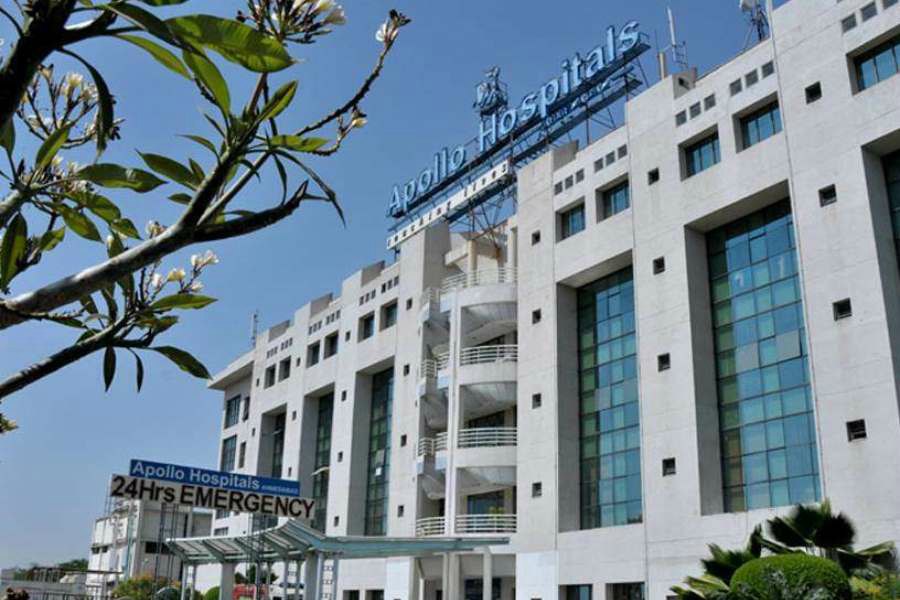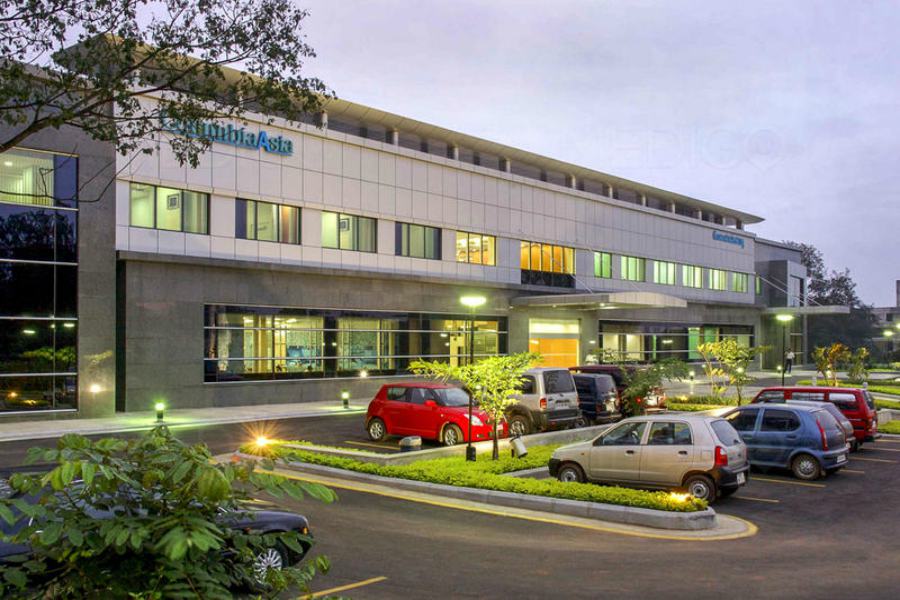
Are your friends are posting pictures with their children, while you and your partner are still staring at the negative pregnancy tests. It is a common misunderstanding that infertility is only a woman’s problem, whereas the fact is that it affects men as well. In such cases, intracytoplasmic sperm injection could be an excellent solution for attaining fertilization.
Overview
Intracytoplasmic sperm injection (ICSI) is the most commonly preferred assisted reproductive technique (ART). It is a type of IVF (a procedure, in which fertilization of the egg is done in a laboratory), in which a single live sperm is injected directly inside the egg to achieve fertilization.
ELIGIBILITY
ICSI is an appropriate option for infertile males who have low sperm count, impaired sperm motility, or abnormal shape of sperms. Couples who have fertilization failure with IVF are considered as right candidates for ICSI.
PREPARATION BEFORE PROCEDURE
During the first consultation, the doctor will review the medical and medication history of the couple. They are advised to undergo certain tests to determine any infectious diseases, such as HIV. A semen analysis is recommended for the male partner. Additionally, sperm antibody testing, spermatozoa function test are also recommended to identify the reason behind male infertility. However, certain lifestyle modifications, such as avoiding consumption of alcohol, smoking cessation, and reducing the caffeine intake may help in achieving success with ICSI.
ABOUT PROCEDURE
ICSI is carried along with a standard IVF treatment. In this procedure, the matured eggs are retrieved from the woman’s uterus and are held in a specialized pipette. During the day of the procedure, the doctor will collect the semen sample and separate live sperms from the dead sperms. Now, by using a delicate, sharp, and hollow needle, the doctor will pick a single live sperm and inject it inside the egg. After insemination (a process of inserting a sperm inside the egg), the egg is kept in an incubator and is monitored for fertilization. Once after fertilization, the embryo is transferred in the woman’s uterus.
POST-PROCEDURE CARE
After the embryo transfer, the woman needs to rest for the remaining day. Complete bed rest is not required unless advised by your doctor. In most of the case, the woman can get back to normal activity from the next day. Prescribed medicines must be taken regularly. Few days after the embryo transfer, the doctor will recommend a pregnancy test.
RECOVERY TIPS
Follow the tips given below to have a successful pregnancy:
- Manage stress
- Have a healthy diet
- Do not lift heavyweights
- Avoid performing strenuous activities
- Avoid sexual intercourse after embryo transfer
- Avoid douching and hot baths
- Take the prescribed medicines
- Do not rest too much
FACTORS AFFECTING COST
The cost of ICSI depends on several factors. This includes:
- Location of hospital
- Type of hospital
- Surgeon’s fee
- Current medications
- Follow-up visits
FAQ
Embryo transfer usually occurs anytime between day-1 to day-6 after the egg retrieval.
The chance of pregnancy is the same with or without ICSI if there is no evidence of male infertility.
In rare cases, babies born using ICSI treatment may have some birth defects.
ICSI is an outpatient procedure. So, in most cases, the hospital stay is not recommended.


 Best Hospitals
Best Hospitals











